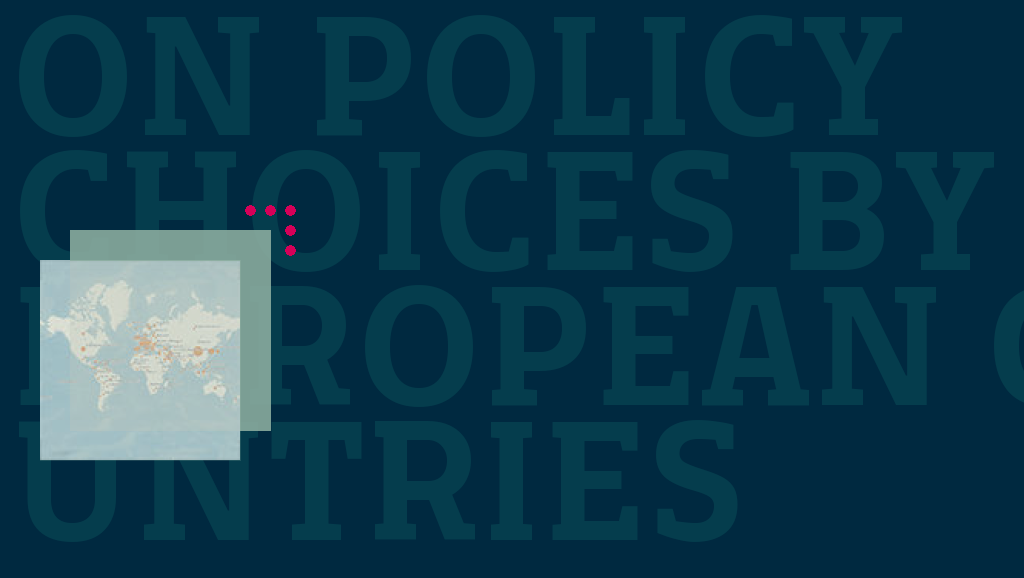On March 11th, 2020, The World Health Organisation (WHO) has characterised COVID-19 as a pandemic. In its statement regarding this assessment, WHO has also clearly expressed its position regarding the fact that this is likely the very first pandemic that can be potentially controlled and, notwithstanding this, a number of countries in the World do not seem to be taking significant action. It is in fact clear that as the virus is travelling the world and affecting a number of countries in sequence, so is doing the accrued knowledge on patient care and, above all, containment measures.
The events that are taking place these days (March 2020) across the European Continent and across the globe demonstrate that, in spite of the knowledge and the example coming from heavily affected countries such as China, South Korea and Italy, several countries seem to be waiting in applying containment measures, or even clearly state that they will deliberately not take any extreme action.
I humbly and fully agree with the WHO considerations. The consequent conclusion is that the “inaction” (quoting WHO) is not the result in delay in decision making or political debate, but the result of a deliberate choice.
Therefore, it seems to be possible to identify two opposing policies across Europe:
1. fight the spread of the infection at all cost and prioritise every patient life over everything else, accepting substantial economic damage;
2. exert limited damage control, prioritising maintenance of the “business as usual” to all possible extent, according to the principle of “acceptable loss”.
The deliberate choice of accepting a given number of casualties to keep pursuing an overall strategy is, in my opinion, rather brutal and it resembles in a hardly acceptable way the concept of “acceptable loss” in combat, when a calculated number of casualties is taken into account for achieving the overall goal of advancement of troops. This is therefore not new, but it had not been seen on the European continent for several decades and it is certainly not inclusive and participatory, by definition.
Both strategies are heavily reliant on input from the scientific community. The former not only relies on scientific input, as can be obviously expected, for therapy and prevention, but also for modelling the result of containment measures and prediction, for example, of Intensive Care Unit occupancy. The latter can use the same predictive models for a more rational costs/benefits analysis. Furthermore, as far as mere calculations are concerned, predictive models could include potential opportunistic benefits, such as competitive advantage of countries adopting alternate policy, or effect on population health and age after having been subjected to the epidemics selection pressure.
From a detached perspective (not my own), the choice of one or the other strategy is not as obvious as it seems. In principle, it can be accepted that there is a greater good in the long term because of greater economic prosperity, and one could even make the strong and controversial assumption that greater societal wellbeing could come from the result of a selection pressure put by the epidemics at population level. These are, in my opinion, the subjective and arguable assumption that represent the weak spot of this reasoning, because the ethical dilemma is solved by using a quantification of a greater good as a future projection, which is inherently weaker, at least in this case, than the quantification of the immediate benefit of preserving lives. Furthermore, there is currently little or no evidence that herd immunity will be established after a large proportion of the population is infected by COVID-19. On the other hand, it is not certain either that harsh measures of containments and the expected vaccination campaign that would follow will keep a certain country safe if the diseased will return in seasonal waves.
Notwithstanding the fact that the COVID-19 infection is a severe threat to the life of millions, perhaps for the first time an epidemics is also emerging as a serious global social and political issue: this is because, as WHO stated, it can be contained. But not everyone has chosen to do so.
References
– Rolling updates on coronavirus disease (COVID-19)
– Ministero della Salute – Covid-19 – Situazione nel mondo
—————–
















